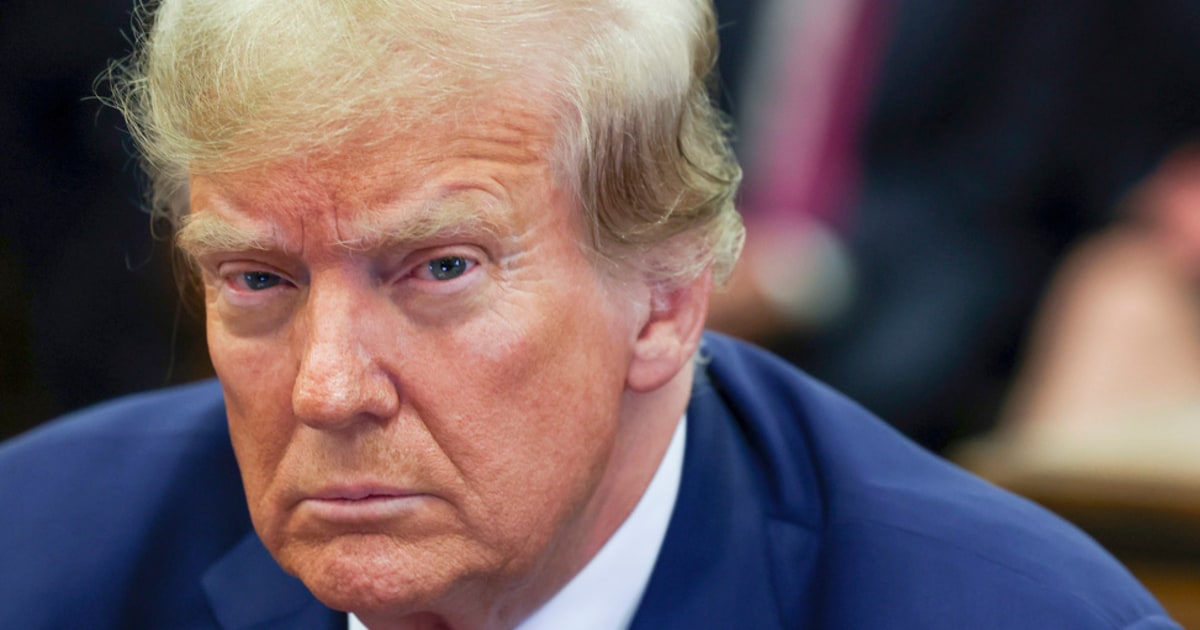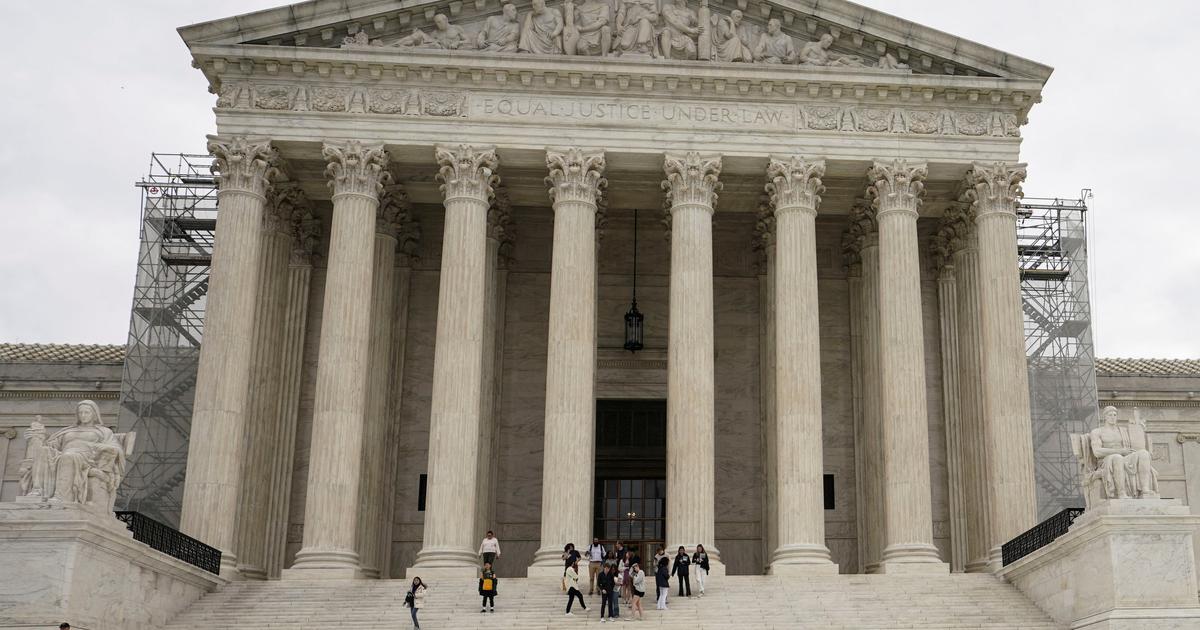Biden and mandates to be vaccinated: "It is a battle that must be won," says expert 2:54
(CNN) -
The US Supreme Court, which has refused to block various types of vaccination mandates, is now studying whether to allow the Joe Biden government to require millions of Americans to get vaccinated against COVID-19. .
Although the court has so far been tolerant of the vaccination mandates that have been presented to it, refusing to stop the requirements imposed by state and local entities, those implemented by the federal government raise new legal issues that could attract hostility from the conservative majority. .
Senate votes to revoke Biden's vaccination mandate for businesses
The way in which the Supreme Court resolves those cases could have implications for the power of the Executive to act unilaterally not only in terms of COVID-19.
Depending on how the court rules, agencies could be harmed in any situation where they apply regulations that address changing circumstances without waiting for the slow process of congressional lawmaking.
"Actually, this is not a case about the emergency public health powers, not even about the vaccination law, but about the degree of flexibility that administrative agencies have to respond to a problem or threat without waiting for the specific authorization from Congress, "said Lindsay Wiley, professor of health law at American University School of Law.
So far, the Biden administration has encountered significant obstacles in its effort to uphold federal vaccine regulations that have been challenged in court.
Three of President Joe Biden's top mandates, namely the obligation to vaccinate healthcare workers for more than 10 million people, the standards for companies with more than 100 employees, and the mandate for some federal contractors, have received rulings. judicial against.
Many of the court decisions blocking the mandates have supported the Executive Branch's claims of overreach, while downplaying the scientific foundations of the vaccine requirement.
advertising
On January 7, the Supreme Court will hear oral arguments on the federal mandate for healthcare workers and the "test or shot" rules for large employers. The judges scheduled expedited hearings on the cases, even though the lawsuits are still in a preliminary stage in which the courts are not making final decisions on the merits, but deciding whether the mandates should be paused while the litigation unfolds.
"The issues that arise are different when the entity imposing the obligation is federal and not state," said Zack Buck, a professor at the University of Tennessee School of Law, specializing in Health Law.
"This goes back to the founding of the country: the police power that states retain. What kind of authority does the federal government have? What kind of authority do federal agencies have? And does that matter to the Supreme Court? I think the answer is yes".
ANALYSIS |
This year the world experienced a climate of divisions around democracy, vaccines and the climate.
2022 is unlikely to be any different
Less room for maneuver to demand vaccines than state or private entities
The lower courts have been largely permissive with vaccination mandates imposed by private companies.
The justices have also determined that state governments have broad authority to require vaccines, as established in a 1905 Supreme Court decision upholding the smallpox vaccination requirement in Massachusetts.
In the current pandemic, the right wing of the Supreme Court has raised concerns about vaccine rules that do not adequately address religious objections, but the mandates have been upheld.
But Biden's vaccine rules, which do include religious exemptions, have been met with claims that federal mandates encroach on state sovereignty.
The US 5th Circuit Court of Appeals, in one of the most aggressive opinions against a Biden mandate, said the vaccine rule for large employers likely exceeded "the authority of the federal government under the Biden Clause. Commerce because it regulates a non-economic inactivity that enters fully into the police power of the states. "
An increasingly conservative US Supreme Court and the concerns it raises
Not all lower courts considering federal immunization requirements have adopted such broad views on the limits of federal authority in this area, and some courts have upheld the legality of Biden's immunization measures. The employer's mandate, which is being implemented by the Occupational Safety and Health Administration (OSHA), received the green light from another appeals court that overturned the 5th Circuit decision. Other courts have concluded that federal mandates are contrary to the law because the Executive Power is applying them unilaterally, without express sanction from Congress.
The idea that agencies must have explicit instructions from Congress when regulating matters of great political and economic weight has been called the "big question" doctrine.
The Supreme Court has barely outlined when those limits come into play, but several lower courts have cited the doctrine as a reason why federal vaccine mandates should not be allowed to take effect.
"It is not in itself a very clear doctrine," said Philip Wallach, a member of the conservative think tank American Enterprise Institute.
"It is not very well known to what extent [the agencies] have to stretch the statute to conflict with this doctrine."
It will be up to the justices to decide whether they want to use the mandate cases before them to better define when the agencies' actions go beyond congressional directives.
"Even though [Supreme Court Chief Justice John Roberts] has alienated some of the conservative movement jurists with some of his rulings, he has seemed interested in disciplining bureaucratic agencies in various ways," Wallach said.
"And he's very interested in the separation of powers."
In addition to the disagreement between the 5th and 6th circuits on the unilateral action of the Biden Government on the rules for large employers, the judges have reached different conclusions about the ability of the Executive Branch to impose vaccination requirements on providers that participate in Medicare and Medicaid.
The judges of Missouri and Louisiana, in decisions that have not been modified by the appellate courts, affirmed that the mandate of the Department of Health and Human Services (HHS, for its acronym in English) violated the doctrine of the main issue because Congress it had not been clear in its instructions to the agency that it could impose vaccination requirements.
However, the 11th Circuit rejected that logic in a ruling stating that Congress did not need to be so specific when it tasked HHS with regulating the "health and safety" of Medicare and Medicaid beneficiaries.
"To suggest otherwise would mean that Congress had to anticipate both the unprecedented COVID-19 pandemic and the unprecedented politicization of the disease against which it regulates vaccination," the 11th Circuit said.
Mandates with a different legal basis
Although they raise similar questions about the authority of the executive branch, there are also differences in the legal basis on which the mandate of health workers is based and the mandate of OSHA.
Agencies rely on different statutes to enforce the standards.
They also used different procedural mechanisms to implement the policies.
In the cases of the health worker mandate, the administration has emphasized the power it says the federal government has under the Expenditure Clause of the Constitution to implement vaccine requirements.
The requirements apply to healthcare workers, some 10.3 million, from certain providers who participate in Medicare and Medicaid.
States that have sued the Biden administration over the rules have argued that the regulations infringe on state sovereignty, with Florida in its legal challenge targeting a law passed by the state legislature that bans employers' vaccination mandates.
Judge rejects Florida request to block mandatory Biden vaccination mandate for healthcare workers
"If states somehow manage to regulate a federal program under the umbrella of federal purchasing power, it would be profoundly dangerous not only for the Medicare and Medicaid programs, but for our system as a whole," John Cogan, professor of health law, told CNN. from the University of Connecticut School of Law.
However, the Supreme Court has already placed some limits on what the government can do with its federal health funding programs. In the Supreme Court's first Affordable Care Act (known as Obamacare) case, a 7-2 court decision in 2012 struck down the Obamacare provision that required states to expand Medicaid to continue participating in the program. Opponents of the new vaccination mandate, which is being implemented by the HHS Centers for Medicaid and Medicare Services (CMS), have pointed to that decision as the reason the requirement should be repealed.
"The difference here is that in [the Obamacare case], the issue was all or nothing for the states," Cogan said, while in the mandate case, "such a small percentage [...] of the people in the hospitals were being expelled because they did not want to receive the vaccine. "
OSHA's mandate, meanwhile, is based on statutory language that says the agency can take steps to protect employees who are "exposed to serious danger from exposure to substances or agents determined to be toxic or physically harmful." .
"CMS have used their authority to influence things like flu vaccination rates among healthcare workers," Wiley said.
"This is not identical to what it has done in the past, but it is not that big of a step. Whereas in the case of OSHA, you can point to cases where it has addressed the risk of infectious diseases, but ... there are more steps between how the agency has used this authority in the past and how it is trying to use it now. "
Joe Bidenvaccine against covid-19

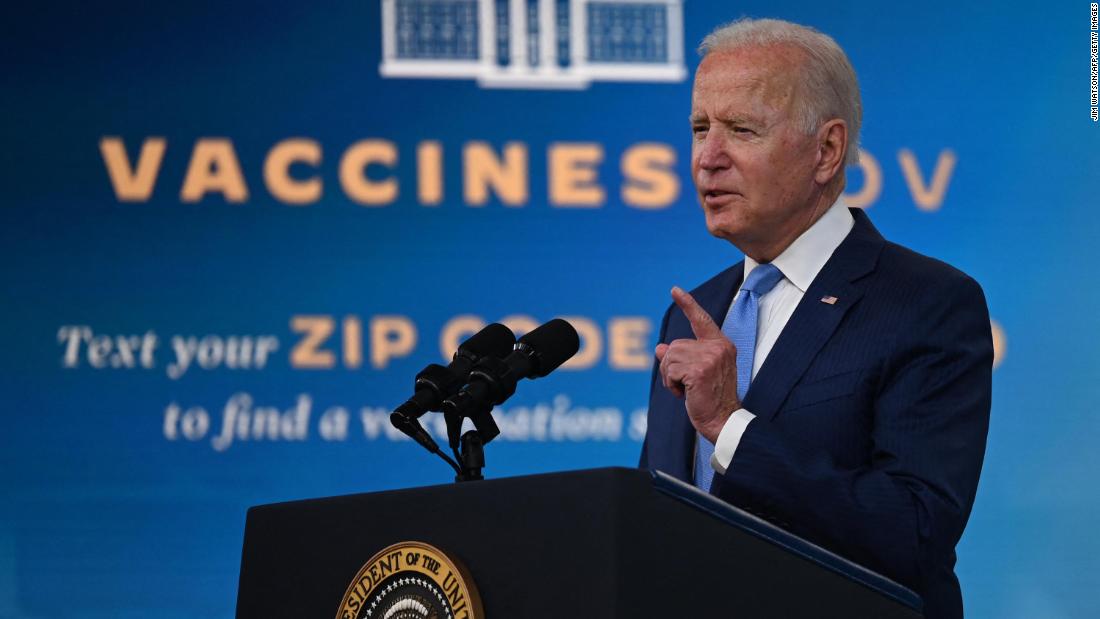
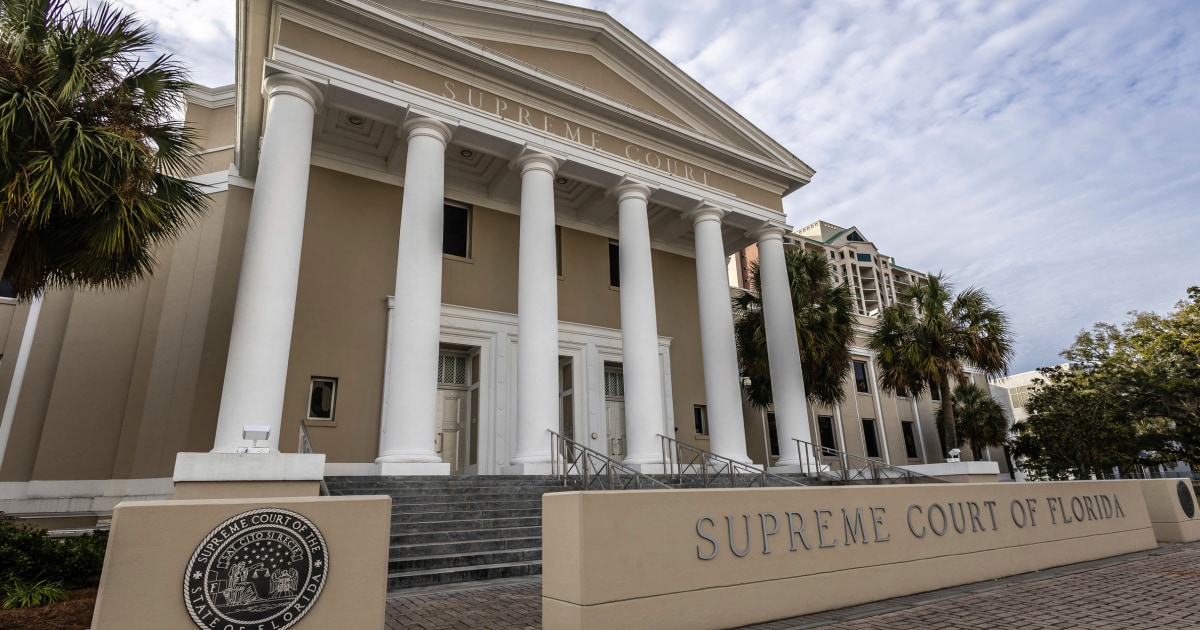
/cloudfront-eu-central-1.images.arcpublishing.com/prisa/OV2VBR4SENF6HBYT4PL7REJMVU.jpg)
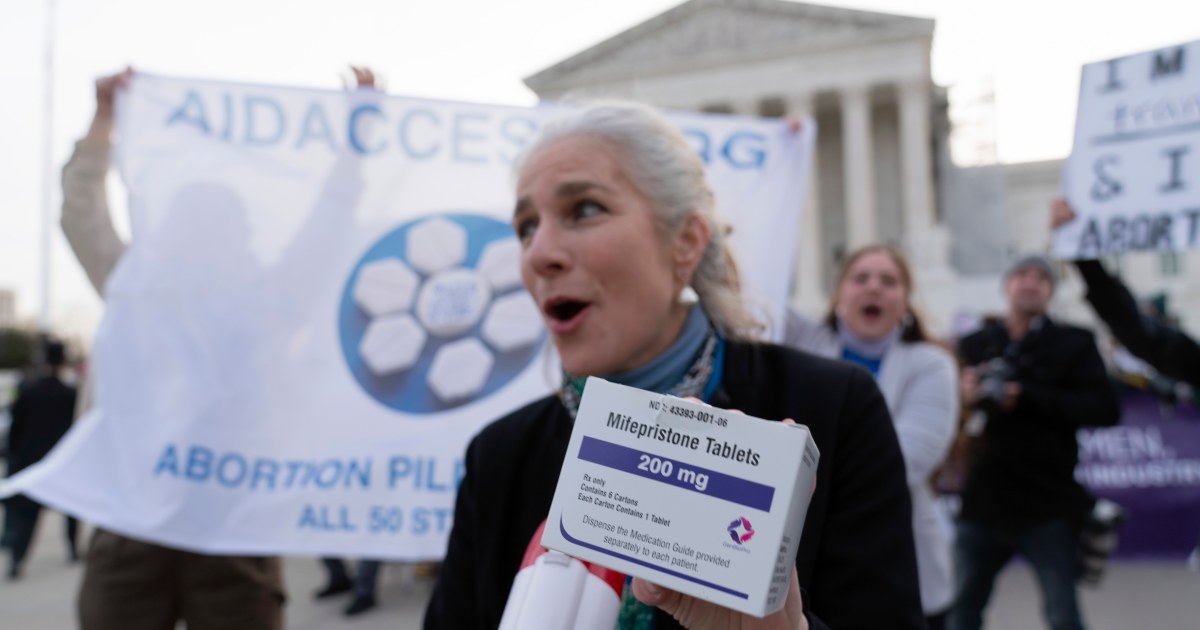
/cloudfront-eu-central-1.images.arcpublishing.com/prisa/OADNJHA33STDSSDCLLQNLNFBWQ.jpg)
